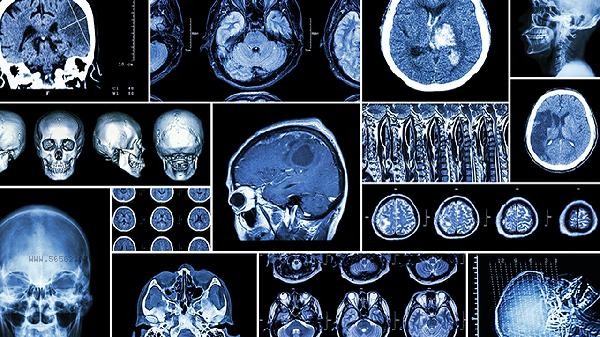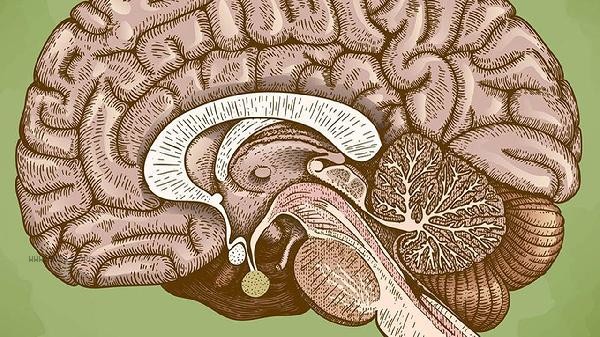Brain distraction and lack of concentration can be improved through adjusting daily routines, training concentration, reducing sources of interference, psychological intervention, medication therapy, and other methods. Lack of concentration may be related to factors such as insufficient sleep, excessive stress, environmental interference, anxiety and depression, and attention deficit hyperactivity disorder.

1. Adjusting your schedule
Maintaining a regular schedule can help improve lack of concentration. Ensure 7-8 hours of sleep every day and avoid staying up late. Lack of sleep can lead to a decline in the function of the frontal lobe of the brain, affecting concentration. It is recommended to set a fixed bedtime and wake-up time, avoid using electronic devices before bedtime, and create a quiet and comfortable sleeping environment. You can take a nap during lunchtime, but it should not exceed 30 minutes.
2. Training Concentration
Mindfulness practice can improve concentration ability. Perform 10-15 minutes of mindfulness breathing training every day to focus your attention on your breathing. The tomato working method is also an effective approach, taking a 5-minute break after working for 25 minutes. Progressive muscle relaxation training can help relieve tension and improve focus. These trainings require long-term persistence to be effective.
3. Reducing interference sources
It is important to create a work and study environment that is conducive to concentration. Turn off mobile notifications and use dedicated apps to block interfering websites. Separate the work area from the rest area and keep the desktop tidy. Noise cancelling headphones can be used in noisy environments. Notify those around you of the time period to focus and avoid being interrupted. Only handle a single task at a time to avoid multitasking switching.

4. Psychological intervention
Cognitive behavioral therapy has a significant effect on improving attention problems. Reduce the impact of anxiety on attention by identifying and changing negative thinking patterns. Psychological counseling can help deal with emotional distress and enhance self-management skills. Group therapy provides social support and reduces stress. For children's attention problems, behavior correction training combined with parental education has a better effect.
5. Drug therapy
Severe attention disorders may require drug assisted treatment. Methylpheniramate hydrochloride is suitable for attention deficit hyperactivity disorder and can increase dopamine levels to improve concentration. Atomoxetine is a non stimulant option suitable for individuals at risk of drug abuse. Atomoxetine is beneficial for patients with comorbid anxiety. These drugs need to be used under the guidance of a doctor and regularly evaluated for efficacy and side effects. Improving attention requires comprehensive intervention. In addition to the above methods, moderate exercise can promote blood circulation in the brain, and aerobic exercise such as jogging is particularly effective. In terms of diet, foods rich in omega-3 fatty acids such as deep-sea fish and nuts can be added. Supplementing with B vitamins and zinc can also be helpful. Taking timely breaks at work, looking far away or simply stretching can restore attention. Establish a task list and priorities to avoid excessive consumption of cognitive resources. If the symptoms continue to affect daily life, it is recommended to seek professional psychological assessment and assistance.








Comments (0)
Leave a Comment
No comments yet
Be the first to share your thoughts!